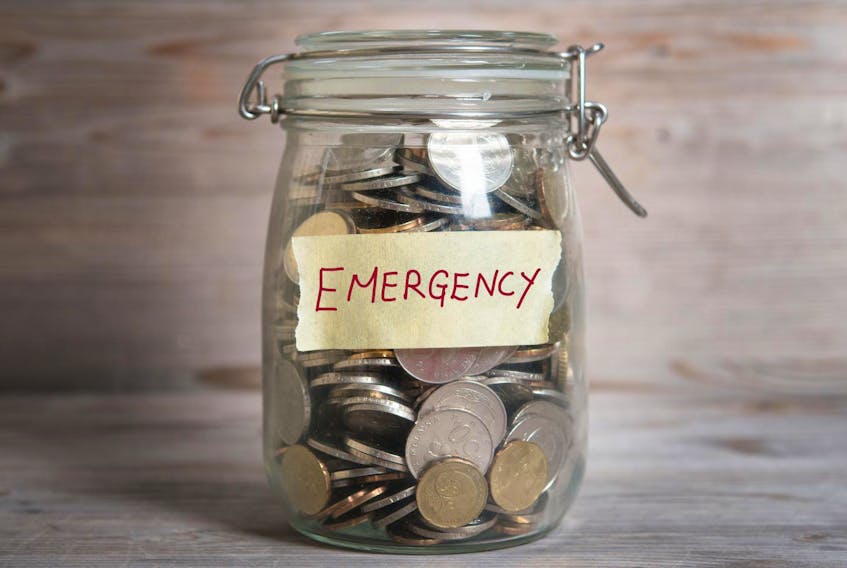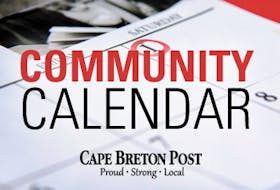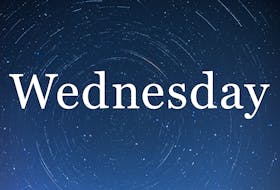There's no doubt that saving for retirement is extremely important, but it shouldn't be your only priority when it comes to putting money away for the future.
It's also wise to have an emergency cash fund. You never know what life might bring, from major home repairs to an unexpected job loss.
If something unforeseen happens, you want to have enough in your emergency fund to avoid “maxing out” your credit cards. With annual interest rates on retail credit cards spiking as high as 29 per cent, you could find yourself in serious debt if credit cards are your back-up.
It’s just as important that you not tap into your retirement savings or you could put your retirement plans in jeopardy. Early Registered Retirement Savings Plan (RRSP) withdrawals come with significant tax consequences. What's more, having to sell your investments earlier than anticipated might not allow them to generate the returns you expected.
You should have a separate emergency fund that contains the equivalent of six to nine months of living expenses. Of course, that's just a general rule of thumb. You may need more, depending on your lifestyle, financial commitments and spending habits. (For example, if you have a large mortgage or other debts, you should consider a larger emergency fund.)
A key element to consider with your emergency fund is that it should hold liquid assets. You need quick and easy access to cash if there's an emergency. This rules out instruments such as locked-in GICs (Guaranteed Investment Certificates).
While stocks are quite liquid, they may not be appropriate, either. Even high-quality stocks will see their value fluctuate substantially. It be inopportune to have to cash out when stock prices are down, and — if they fall greatly enough — there may not even be enough value to cover your need for emergency cash.
There are a few viable options to consider, including money market mutual funds and cashable term deposits. The most common solution is a savings account. Unfortunately, while this hits the mark on liquidity and safety, you are often faced with an unattractively low interest rate.
This is a particularly relevant point for small business owners, who understand the importance of having access to emergency funds for a range of needs — like potential payroll shortages. Their business savings accounts tend to have among the lowest rates available, often zero per cent.
Another option for small business owners — and everyone else — is a high-interest account. Check with your financial advisor about what's available.
A good way to build up an emergency fund is through monthly or weekly savings. You can set up a periodic investment plan at a financial institution to automatically divert part of your income to your emergency fund. Figure out how much you need, and then put away a regular amount to get you there. Once you have money in an emergency fund, make sure it stays there. Resist the urges to spend any of it.
You may have to look at ways to pare down your expenses to free up cash for your emergency fund. A family budget can help you identify savings opportunities.
Speak to your financial advisor to learn more about how you can best plan for financial emergencies.
Kevin Dorey is a Financial Advisor with Edward Jones. Based in Tantallon, Kevin specializes in helping individuals reach their serious, long-term investment goals. He can be reached via email or at (902) 826-7982. Edward Jones is a member of the Canadian Investor Protection Fund.









